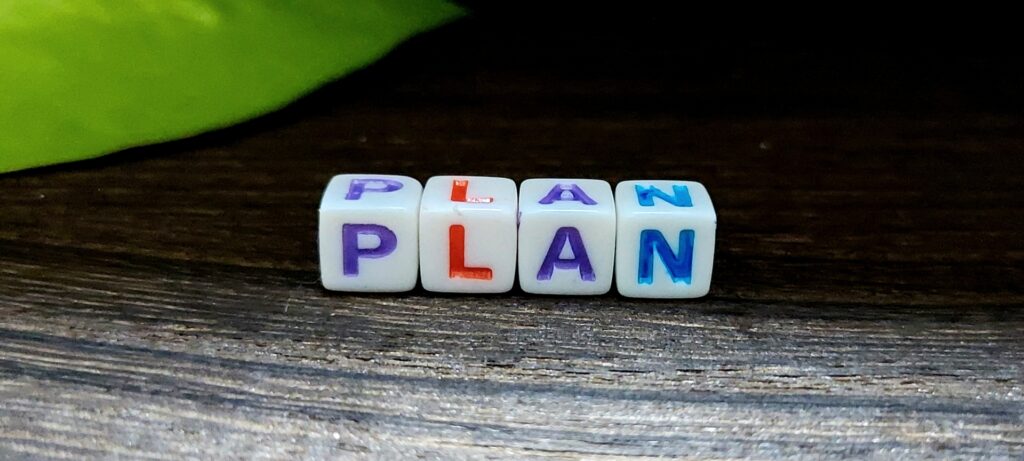
目次
英語で深刻な恥は?顔に泥を塗る、国の恥など
「顔に泥を塗る」という表現、ありますよね。
「恥をかかせる、名誉を傷つける、面目を失わせる」と言った意味ですが、
これを英語でどう表すでしょうか。
【mortified】大恥をかく、屈辱を味わう
- I was mortified when he insulted me in from of people.
(彼に人前でけなされて私は大恥をかかされた)
- She was mortified by the fact that her husband actually cheated on her.
(彼女は夫が実際に浮気をしていたという事実に名誉を傷つけられた)
「embarrassed」や「humiliated」よりも、より強い”恥”を指します。
【bring shame on someone】~の名を汚す、面目をつぶす
- She was accused of bringing shame on the family.
(彼女は家名を汚したと非難された)
- He was facing intense pressure not to bring shame on the team.
(彼はチームの名を汚してはならないという強いプレッシャーに直面していた)
【disgrace】名誉を失う、顔に泥を塗る
- Japan's low inoculation rate is a national disgrace.
(日本の接種率の低さは国家の名折れだ)
- After the scandal, he was disgraced and brought down.
(そのスキャンダル後、彼は名誉を失い、失脚させられた)
「disgrace」は名詞と動詞、両方で使えます。
特に「国家の恥だ!」と言う時に「It is a national disgrace!」はよく使われます。
また、「It is a disgrace that ~」で「~ということは恥である」とも表現できます。
He's sold our country! This is a national disgrace!
(奴は国を売った。これは国家の恥だ)
It is a disgrace that such a decision was made by the government.
(そのような決定が政府によって下されたということは恥である)
「no disgrace」で「恥ではない、恥じることではない」という表現も使われます。
There is no disgrace in trying and failing.
(挑戦して失敗することは何も恥ずべきことではない)
Losing to French football team is no disgrace.
(フランスのサッカーチームに負けることは、恥ではない)
以上です^^
動画はこちら↓
英語で深刻な恥は?#英検2級 #英検ライティング #英検準1級 pic.twitter.com/T6LFUurG5i
— うなぎ先生の英文法の復習 (@unagi01446720) 2021年4月23日
気に入っていただけたら、是非★とフォローよろしくお願いします。






















